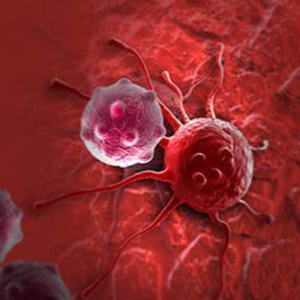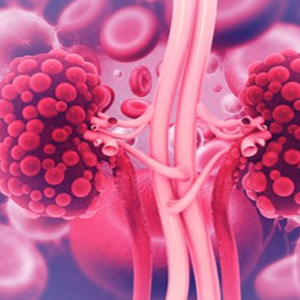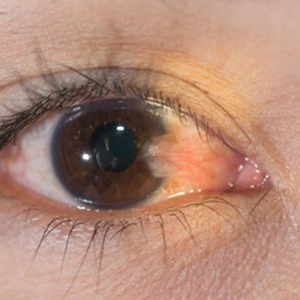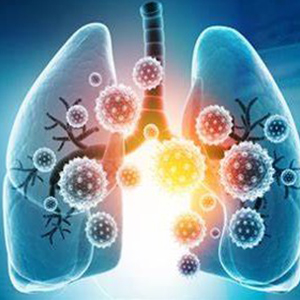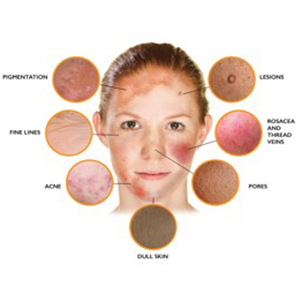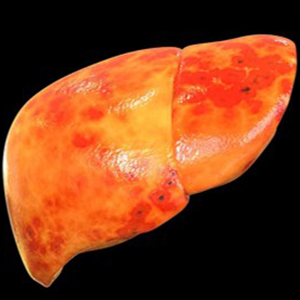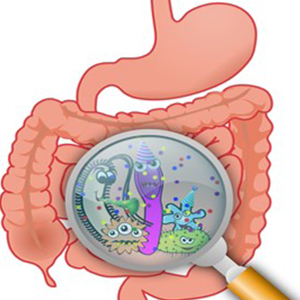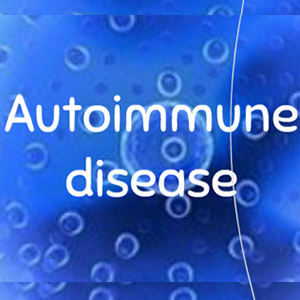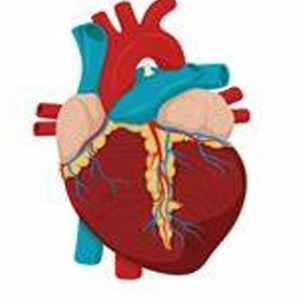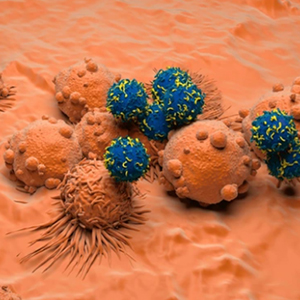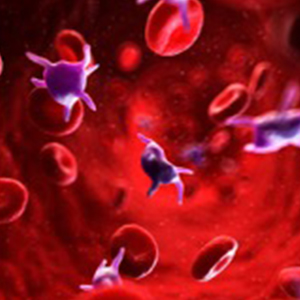Converting Innovation into
Personalized Medicine
What are the future prospects of cell and gene therapy?
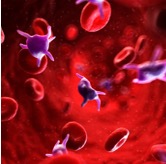


Why Choose Cell and Gene Therapy?
Cell and gene therapies are highly specific, often resulting in fewer side effects compared to traditional treatments. They can address the root causes of diseases, offering the possibility of long-term remission or cures. Utilizing cutting-edge techniques, these therapies treat previously untreatable diseases. They can correct genetic mutations, providing hope for patients with conditions like cystic fibrosis and sickle cell anemia. Additionally, they offer more sustainable and effective management options for chronic conditions. Cell therapy can help regenerate damaged tissues, benefiting patients with injuries or degenerative diseases. Using the patient’s own cells minimizes risks associated with donor cells, such as immune rejection. Treatments are highly customized, enhancing effectiveness and improving outcomes. CAR-T therapy has shown remarkable results in treating certain cancers by reprogramming the patient’s immune cells. Increasing access to these therapies worldwide, including in Asia, provides more opportunities for advanced treatment options.
CAR-T cells, or Chimeric Antigen Receptor T cells, are a groundbreaking immunotherapy used to treat specific cancers. This therapy involves collecting a patient’s T cells through a process called leukapheresis. In a laboratory, these T cells are genetically modified to express a chimeric antigen receptor (CAR) designed to recognize a protein on the surface of cancer cells. The genetic modification is typically introduced using a virus or plasmid. After modification, the T cells are expanded to large numbers and then infused back into the patient. Once in the bloodstream, the CAR on these T cells binds to the specific antigen on the cancer cells, activating the T cells to kill the cancer cells. This activation leads to proliferation and persistence of CAR-T cells in the body, enabling them to continue targeting and destroying cancer cells. CAR-T cell therapy is highly specific, minimizing damage to normal cells, and has shown significant success in treating certain blood cancers, such as B-cell acute lymphoblastic leukemia (ALL) and diffuse large B-cell lymphoma (DLBCL). However, challenges such as cytokine release syndrome (CRS), neurological toxicity, and the high cost of treatment pose significant considerations. Despite these challenges, CAR-T cell therapy offers a promising and innovative approach to cancer treatment, particularly for patients with refractory or relapsed cancers.

